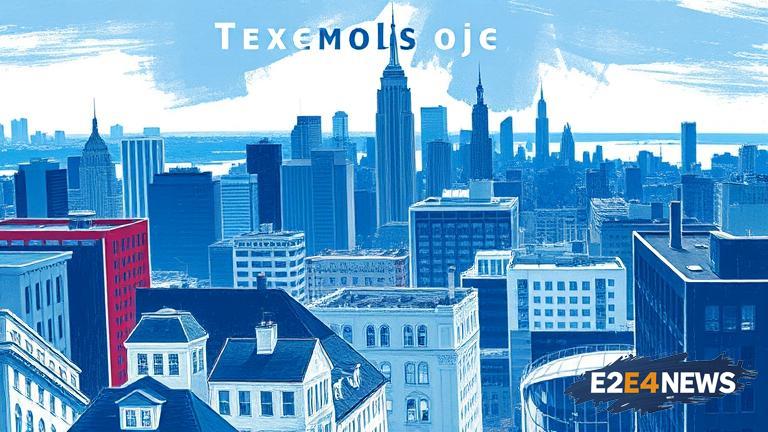The recent actions of the Trump administration have raised eyebrows across the nation, as the former President has set his sights on taking over key cities in the United States. In a move that has been described as a power grab, Trump has launched a series of initiatives aimed at asserting federal control over urban areas that have traditionally been bastions of Democratic support. The takeovers, which have already been implemented in several cities, have been met with fierce resistance from local leaders and residents who are concerned about the erosion of their rights and the imposition of a partisan agenda. Atlanta, a city with a long history of progressive politics, is now wondering if it will be the next target of Trump’s urban agenda. The city’s mayor, Andre Dickens, has vowed to fight any attempts by the federal government to undermine the city’s autonomy, citing the importance of local control and the need to protect the rights of Atlanta’s residents. However, with the Trump administration’s track record of disregarding the concerns of local leaders, it remains to be seen whether Atlanta will be able to resist the former President’s efforts to exert control over the city. The takeovers have been justified by the Trump administration as a necessary measure to address issues such as crime and public safety, but critics argue that this is simply a pretext for a broader agenda of partisan manipulation. The implications of these takeovers are far-reaching, and could have significant consequences for the future of urban governance in the United States. As the situation continues to unfold, one thing is clear: the fate of Atlanta, and other blue cities like it, hangs in the balance. The city’s residents are bracing themselves for the possibility of a takeover, and are mobilizing to defend their rights and their community. The takeover of blue cities is a complex issue, with roots in the country’s deepening partisan divide. The Trump administration’s actions have been widely condemned by Democrats, who see them as a blatant attempt to undermine the autonomy of cities that have historically been opposed to the former President’s agenda. However, Republicans have been more supportive of the takeovers, arguing that they are necessary to address issues such as crime and corruption. The debate over the takeovers has sparked a national conversation about the role of the federal government in urban governance, and the balance of power between Washington and local cities. As the country continues to grapple with these issues, one thing is clear: the future of urban America is at stake. The takeovers have also raised concerns about the impact on local economies, with many businesses and residents worried about the potential consequences of federal intervention. The city of Atlanta, with its thriving business community and rich cultural heritage, is particularly vulnerable to the effects of a takeover. The city’s leaders are working to reassure residents and businesses that they will do everything in their power to protect the city’s interests, but the uncertainty surrounding the situation is already beginning to take a toll. The takeover of blue cities is not just a local issue, but a national one, with implications for the future of democracy and the balance of power in the United States. As the country moves forward, it will be important to consider the potential consequences of these actions, and to work towards a solution that balances the needs of local communities with the responsibilities of the federal government. The situation in Atlanta, and other blue cities like it, will be closely watched in the coming days and weeks, as the nation waits to see what the future holds for these urban areas. The city’s residents are holding their breath, wondering what the future will bring, and whether they will be able to maintain control over their own destiny. The takeover of blue cities is a complex and multifaceted issue, with many different perspectives and opinions. However, one thing is clear: the fate of Atlanta, and other cities like it, is hanging in the balance, and the consequences of the Trump administration’s actions will be felt for years to come. The city’s leaders are calling on residents to remain calm, but vigilant, as they work to navigate the uncertain landscape of urban governance in the United States. The situation is fluid, and changing by the day, but one thing is certain: the future of Atlanta, and other blue cities like it, will be shaped by the actions of the Trump administration, and the response of local leaders and residents.
